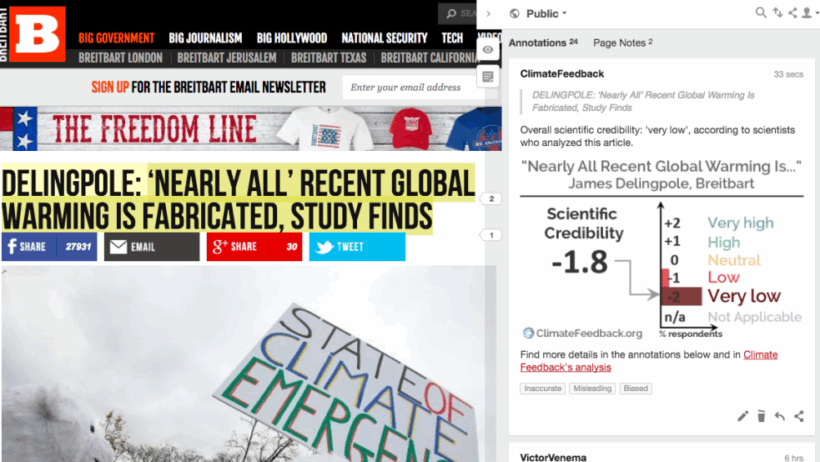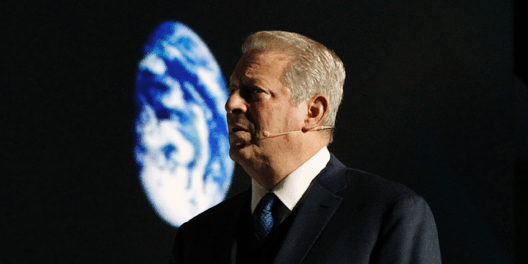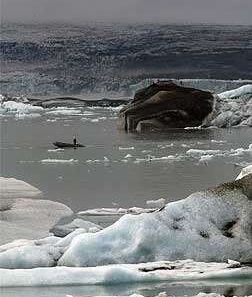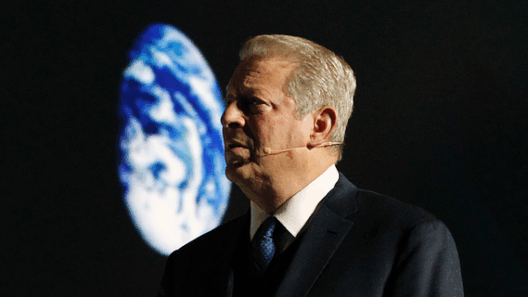In recent discussions surrounding climate science, the controversial figure of James Delingpole has emerged as a focal point, drawing attention with his bold assertions regarding global warming and its implications. Delingpole, a journalist known for his provocative stance against mainstream climate science, posits that the narrative surrounding anthropogenic global warming has been exaggerated or, in his words, fabricated. This article delves into the various claims he presents, examining the implications of such arguments on public perception and policy.
Delingpole’s assertions are multifaceted, often weaving through the realm of skepticism about climate models, the integrity of climate data, and even the motivations of climate scientists. He employs a rationale that seeks to diminish the urgency of climate action. To unpack his claims, it is essential to explore the primary themes he articulates, including the reliability of climate data, the perceived nexus between environmentalism and economic ruin, and the portrayal of dissenting voices in the discourse surrounding global warming.
One of Delingpole’s central arguments revolves around the integrity of measured global temperatures. He suggests that historical temperature datasets are rife with anomalies and errors, which, according to him, undermine the credibility of claims made about global warming. He frequently references adjustments made to historical temperature records—claims that the methods employed by climate scientists introduce biases that skew results. While statistical models are inherently complex and often subject to revision as new data becomes available, Delingpole’s portrayals can mislead readers about the nature of scientific inquiry. The process of refining data is a standard practice intended to enhance accuracy rather than to deceive.
Further complicating the discussion is Delingpole’s rhetoric surrounding the economic impacts of climate legislation. He often draws a connection between environmental policies aimed at curbing carbon emissions and potential economic collapse. His passionate discourse leads some readers to ponder whether the transition from fossil fuel dependencies could indeed jeopardize economic stability. However, this perspective tends to ignore a plethora of studies demonstrating that environmental sustainability can coincide with economic growth. Emphasizing short-term costs while neglecting the long-term benefits of sustainable practices creates a skewed economic narrative.
Moreover, the portrayal of climate scientists and activists as part of a draconian agenda is another hallmark of Delingpole’s narratives. He often insinuates that these individuals and organizations are willing to distort facts to push a political agenda, framing the climate debate as a moral battleground. This narrative, however, can polarize discussions and alienate reasonable discourse. Rather than foster collaborative solutions, invoking fear and distrust may incite a sense of animosity toward scientific experts advocating for necessary interventions in climate policy.
In his writings, Delingpole often employs a sensationalist approach, which can resonate with readers seeking confirmation of their skepticism. This is a common phenomenon in public discourse wherein emotional appeal can sometimes overshadow empirical evidence. The inclination to sensationalize science, particularly in topics as contentious as climate change, draws in audiences, but it dilutes the seriousness of the underlying issues at hand.
Critically, the implications of Delingpole’s perspective extend beyond mere public discourse. His assertions resonate within policy-making arenas, influencing lawmakers and stakeholders who may harbor similar doubts about climate science. The propagation of misinformation or unsubstantiated claims can hinder progressive climate policies, creating an environment resistant to scientific consensus. As policies that aim to mitigate climate change are fundamentally reliant on public support, skepticism such as that exhibited by Delingpole serves as a barrier to collective action against global warming.
To counteract the narratives put forth by skeptics like Delingpole, it is essential to reinforce the foundation of climate science through education and transparent communication. It is important for the public to engage with an array of scientific literature that conveys the consensus on climate change. A robust understanding of climate dynamics, alongside consideration for the methodologies and peer-reviewed findings, can foster an informed citizenry capable of making sound electoral and policy decisions.
Additionally, addressing the emotional undercurrents of the climate debate is pivotal. Bridging the emotional divide between various stakeholders can cultivate a more collaborative approach to environmental stewardship. Delingpole’s appeal often lies in the fear of economic and social upheaval. Counterarguments must empathize with these concerns, providing reassurances that sustainable practices are not only feasible but beneficial for both the economy and the environment in the long run.
In conclusion, examining James Delingpole’s claims about global warming invites broader discussions on how skepticism plays a role in public understanding of climate science. While healthy skepticism is an important aspect of scientific discourse, it is crucial to navigate the space between doubt and denial responsibly. Efforts must be directed towards enhancing public comprehension of climate change, supporting constructive discussions, and promoting evidence-based policies that prioritize environmental integrity. This collaborative approach, grounded in scientific literacy, could lead to effective solutions for the challenges posed by global warming.








